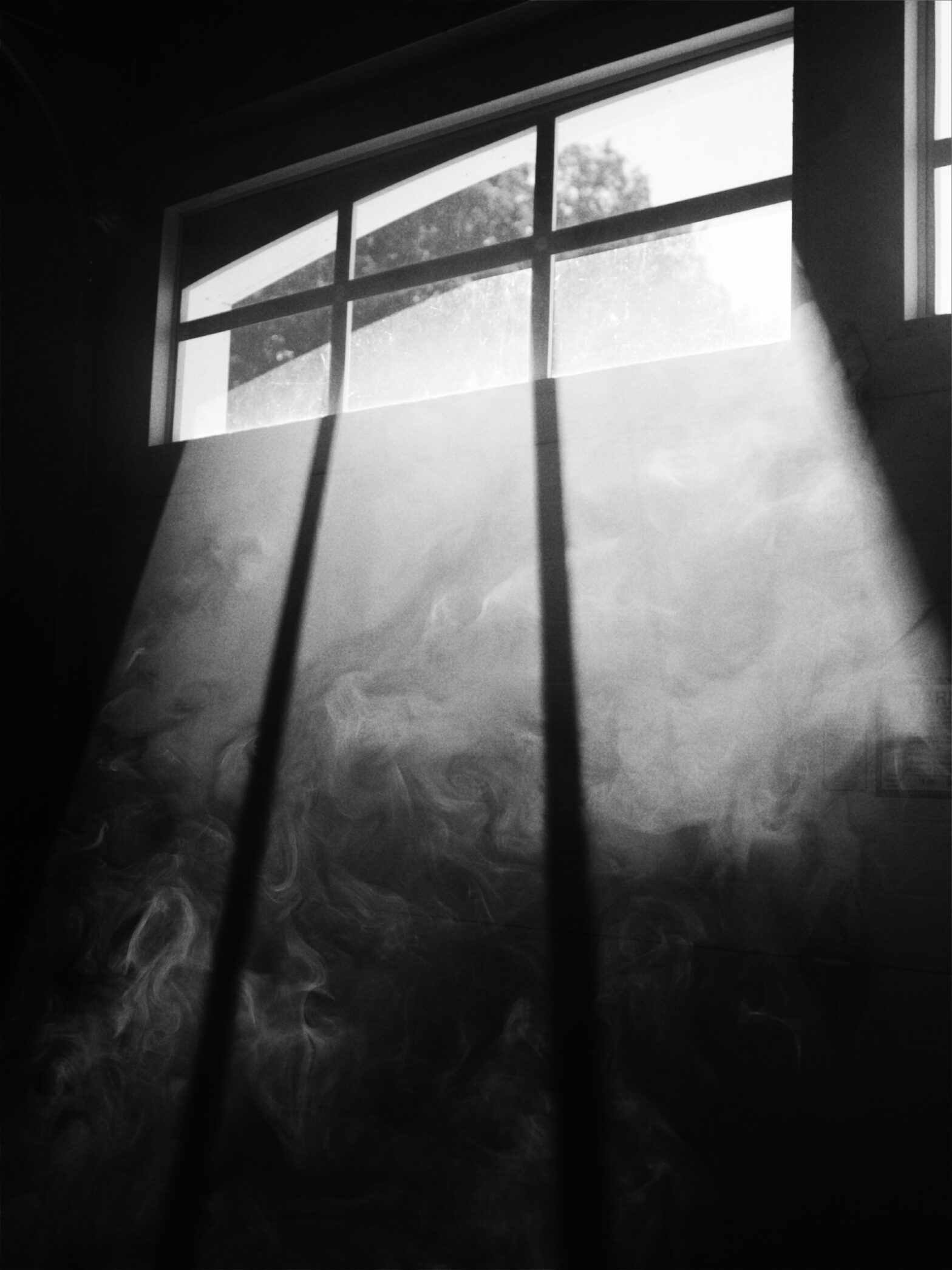Carlos Llaza: Poetry is much more than the corpus of existing poems or the genuine art of writing in verse. In Platonic terms, it can also be understood as mousiké, the secret life of each and all the arts. This hectic poem attempts to explore how poetry, in this wider sense, can be found in everyday objects, transforming them into new beings, thus creating new realities, which, at the same time, are constantly renewing themselves.
Dorothy Lawrenson: Many poets have attempted to define poetry – a difficult task because it can depend on subjective experience, as Emily Dickinson famously acknowledged: ‘If I read a book and […] I feel physically as if the top of my head were taken off, I know that is poetry.’ I love how Carlos describes this poem as hectic! It certainly derives a strange energy from its diverse assortment of images. As translator, the word aedo gave me pause for thought. Literally an aoidos – a singer or bard as featured in ancient Greek poetry – it recalls the role of the poet in the Celtic bardic tradition. In Scotland we traditionally enjoy a relatively close relationship between poetry and folk music; this musical and performative element is an important part of what poetry means to me.
Scroll down to see a video of poet and translator reading this poem, with English subtitles.
La Poesía
por Carlos Llaza
es solo parte de la casa;
luz que apuñala una silueta
contra un pasillo, una tostada.
¿O tal vez sólo una osamenta
en un baúl desvencijado,
claro de luna sobre piedra?
¿Agua que brota del costado
de un huesero, agua con sal?,
¿la noche oscura del aedo?
Ebrio de fama y luna, el sol
quiso obligarla a ser su amante
y ella depuso al animal.
La tosca niebla iridiscente,
la peste llega a nuestra mesa.
Tras dar un salto la serpiente—
frío turbante sin cabeza—
desaparece entre las sombras
como acostumbra la sonrisa.
Poetry
owerset intae Scots bi Dorothy Lawrenson
is juist a pairt o the hoose;
licht that steiks a silhouette
tae a lobby waa, a piece o toast.
Or mebbes juist a rickle o banes
in a shauchlie kist,
moonlicht on stane?
Or watter teemin fae the side
o a bane-setter, watter wi saut?
Or the derk nicht o the bard?
Fou wi fame an the muin, the sun
wis mindit tae tak her bi force,
but she gied thon baest the heave-ho.
The roch, skinklin haar,
the plague wins tae oor table.
Efter makkin its lowp, the snake –
cauld turban we nae heid –
mizzles inno the shaddaes
his smicker the same as ivver.
Poetry
translated into English by Carlos Llaza and Dorothy Lawrenson
is just part of the house;
light that pins a silhouette
on to a corridor, a piece of toast.
Or perhaps only a skeleton
in a rickety trunk,
moonlight on stone?
Water gushing from the side
of a bonesetter, water with salt,
the dark night of the bard?
Drunk with fame, the sun
tried to force the moon to be his lover
but she pushed that animal away.
The rough iridescent mist,
the plague comes to our table.
After striking, the snake –
cold turban without a head –
disappears into the shadows,
like a smile.
